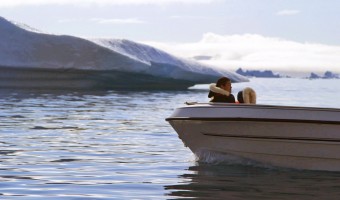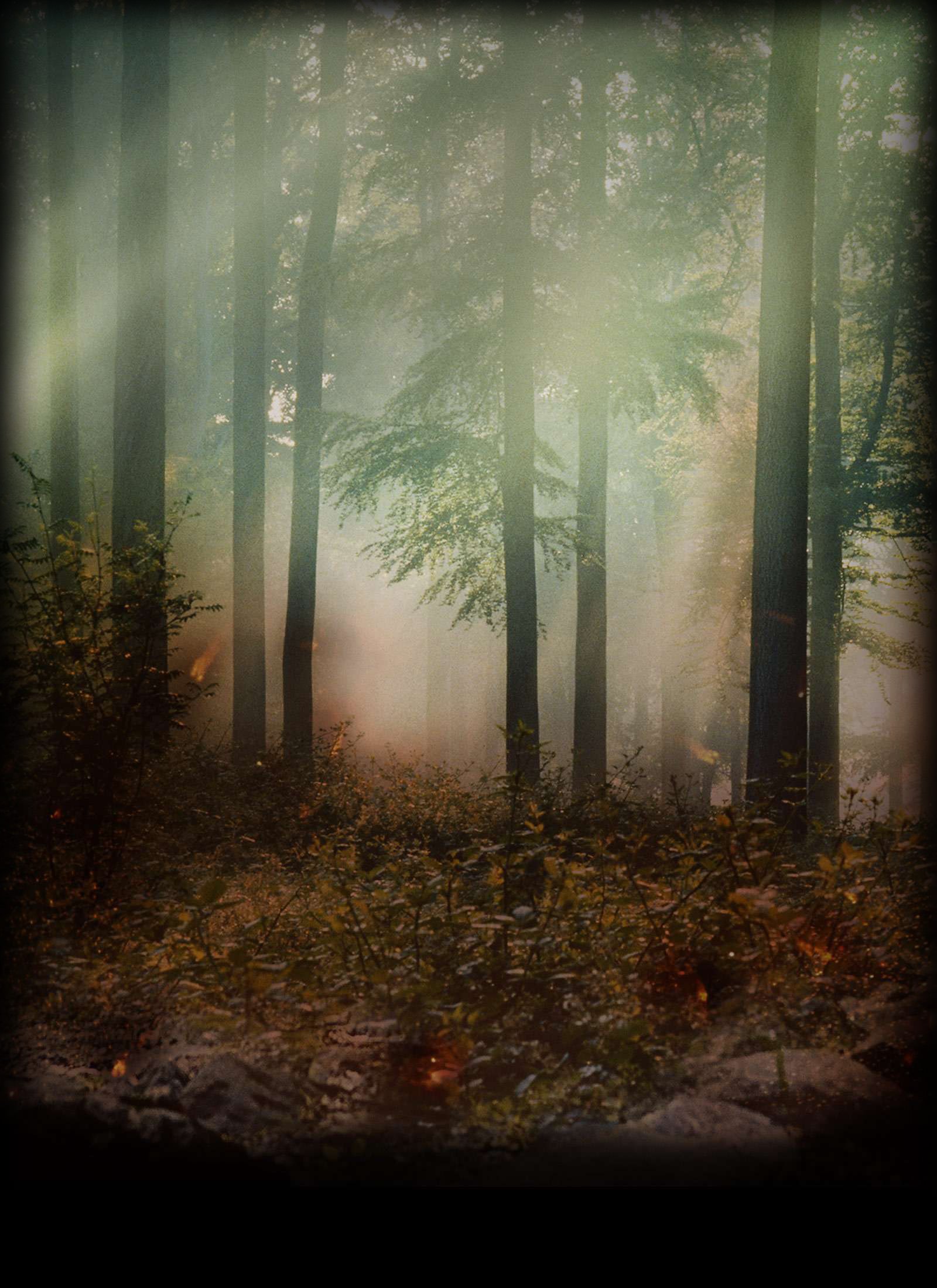
LESSON SUMMARY
Students will use the stories in episode four to better understand the long term impacts of our energy choices especially its impacts on the Arctic; an Arctic like has never been seen before.
LEARNING OBJECTIVES
- Students will analyze data from the Department of Energy’s State Energy Data System.
- Make observations regarding energy production and consumption in the U.S.
- Summarize their findings and understanding of energy use in their state and justify support for or against their state’s current energy practices.
TEACHER BACKGROUND
Our energy needs have been met in many ways throughout history, from fire rings and wood burning hearth’s, to oil burning lamps and steam powered engines. Today many students understand that our energy needs are met through the burning of fossil fuels and some may also understand that some of our energy needs are met through renewable energies such as solar and wind. It is most important for students who will become voters and the change-makers of tomorrow to have the facts and understand the role that all natural resources play in providing us with the lives we are accustomed to living. Realistically, at this point in time, we can’t say, “I’m not going to use fossil fuels”. Therefore, how can you best support your student’s efforts to live more sustainably in light of our current and future energy needs and trends?
Lesson Videos
Lessons
Stories MS-4: Under the Ice & Preacher’s Daughter
In “Under the Ice,” correspondent Lesley Stahl goes to Greenland to investigate climate change and Arctic drilling. In “Preacher’s Daughter,” correspondent Ian Somerhalder listens in on both sides of the evangelical community’s debate over climate change.
Materials MS-4

For this lesson students will need their Science notebooks, one-to-one or paired use of computer with Internet and access to YouTube to watch “EIA’s State Energy Portal.” Distribute the State Energy Profile, found on pages 10-14 of the PDF lesson plan.
Vocabulary MS-4

carbon footprint, carbon cycle, climate, climate change, consumption, correlation, energy budget, emissions, evidence, expenditure, fossil fuels, fuel mix, greenhouse gases, natural resources, qualitative data, quantitative data
Prerequisite Knowledge MS-4

Before beginning, assess your students’ prior knowledge around events and issues presented in the lesson and in episode 4.
Engage MS-4
Length: 45 minutes

Students will use an interactive carbon cycle game to refresh their understanding of the carbon cycle and add to their body of knowledge about carbon throughout the earth system.
Explore MS-4
Length: 30 minutes

Watch episode 4. As students watch each segment, have them stop and answer each of the questions below in their science notebook. At the conclusion of all segments, encourage students to add to or modify their thinking.
Explain MS-4
Length: 150 minutes

This section works best in a one to one computing environment. At the most you want no more than 2 students to a computer. Students will have to access YouTube to watch a video tutorial and each computer will need to have the most up-to-date version of Flashplayer (11 or higher) for the interactivity of the energy maps to work properly.
Elaborate MS-4
Length: 40 minutes

Allow students to choose one of the following articles to read. Provide students with the directions for diving deeper into their reading along with the rubric.
Evaluate MS-4
Length: 15 minutes

The interactive online quiz provides instant feedback about your knowledge of this subject. The justified true/false questions are meant for use in the classrooms.
Taking Actions and Designing Solutions MS-4

Want the opportunity to showcase your investigative reporting skills?
Check out National Wildlife Federation’s Young Reporters for the Environment-USA
Writer’s Corner MS-4

Without language there is no science. To be practicing scientists and derive new knowledge, we need language – reading, writing, talking, listening, enacting, and visualizing. Writing is one way to communicate understanding of our learning while allowing us to be creative in our delivery and provide insight and possible solutions to problems.
Agents of Change MS-4

Heidi Cullen is Chief Climatologist for Climate Central, Visiting Lecturer at Princeton University and a Senior Research Fellow at the Wharton Risk Management and Decision Processes Center at the University of Pennsylvania.
Careers MS-4

Inspired by Episode 4? Thinking about your future? You have the power to make a difference today and in the future. Look into careers inspired by the issues presented in Episode 4: Ice and Brimstone.
Resources and Links MS-4

Use the following print and online resources to supplement your understanding of the material covered in this lesson.
Standards MS-4

Download the standards tables for Middle School Lesson 4: 21st-Century Skills and NGSS, CCSS, and NCSS.
PDF Lesson Plan MS-4

Download the lesson plan in printable PDF format.

